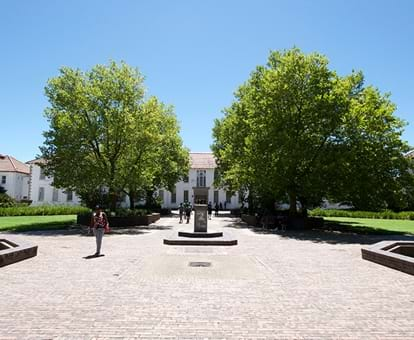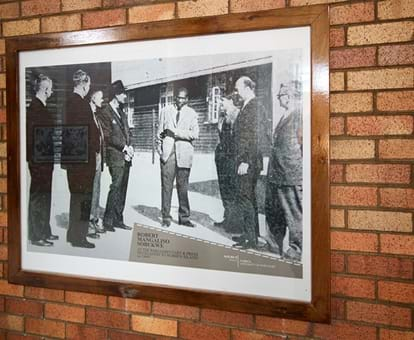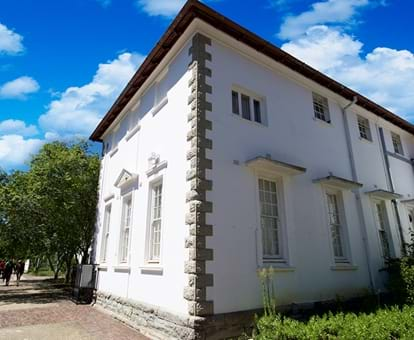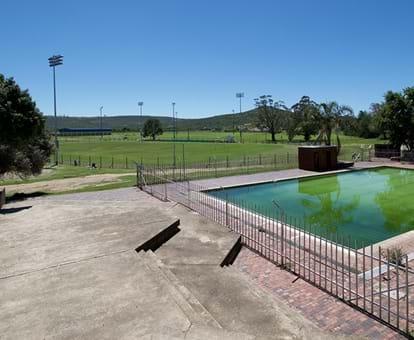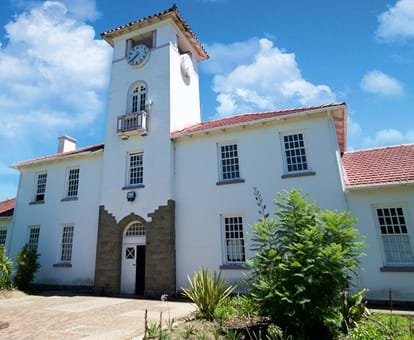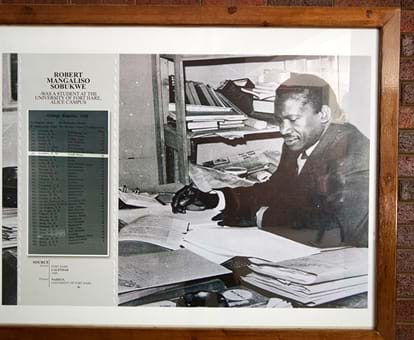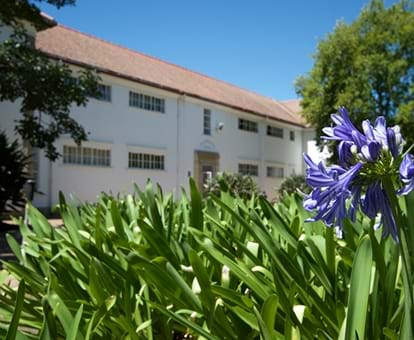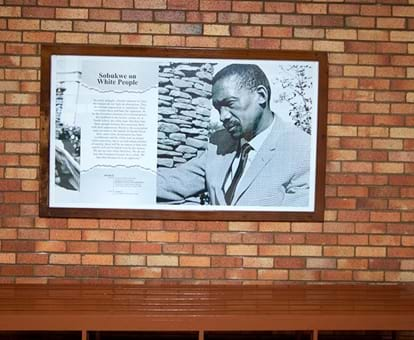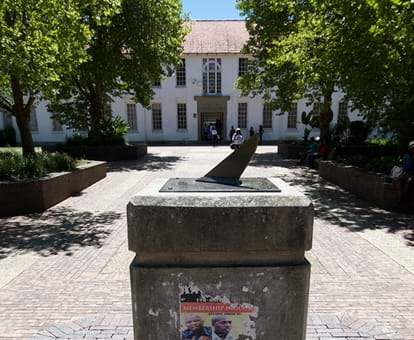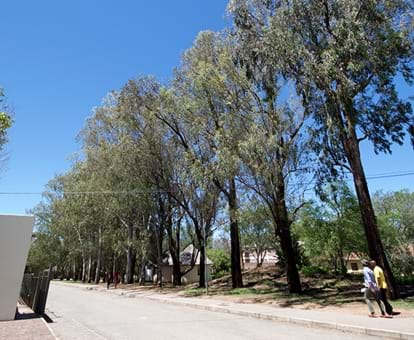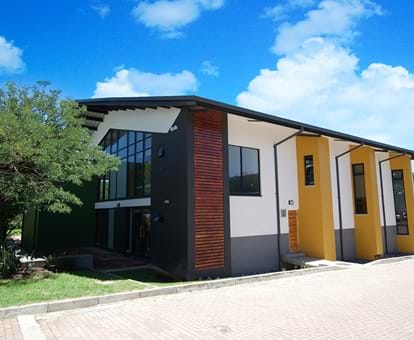By creating an account, I agree to the
Terms of service and Privacy policy
Choose your country and language:
Africa
Americas
Asia Pacific
Europe
IIn the early- to mid-1900s, it was considered a great challenge for a black African person to receive any kind of tertiary education in South Africa. Fort Hare University was one of the key tertiary education facilities of the time, and has been credited with fostering, developing and encouraging some of the black African elite of the time, including Nelson Mandela and Oliver Tambo.
With two main campuses, one in Alice and one in Bisho, Fort Hare University was perfectly suited to offer higher learning not only to locals, but black learners from all over Africa. The building was originally an English fort, and played a part in the Boer War. Some of the original stonework from the old fort can still be seen, as can a few graves of British soldiers who served there.
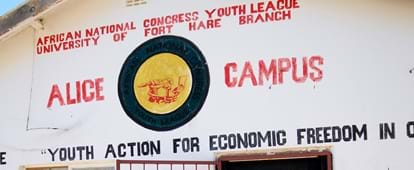
IIn 1939 Nelson Mandela enrolled at the university to study law. There he met his soon to be lifelong friend, Oliver Tambo. During his time at Fort Hare, Mandela studied anthropology, politics, English, native administration and Roman Dutch law. He also took up a number of sports, including boxing and long-distance running, which he excelled at.
Fort Hare University
IIn 1940 Mandela was elected as head of the Student Representative Council, or SRC. He became embroiled in student conflict and general dissatisfaction regarding hostel food and a very low SRC poll. Being a man of character, he resigned.
The head of the university then forced Mandela to make a decision, either reinstate himself as the head of the SRC or leave. Like his father, Nelson refused to be swayed from his morals, and he was expelled from Fort Hare University in 1940. He continued his degree at the University of Johannesburg, finally graduating a few years later.
Today the university is still a bastion of learning for people of all colours. Its proud heritage stands as a reminder of obstacles overcome, great deeds begun, and freedom obtained.
Related Articles

